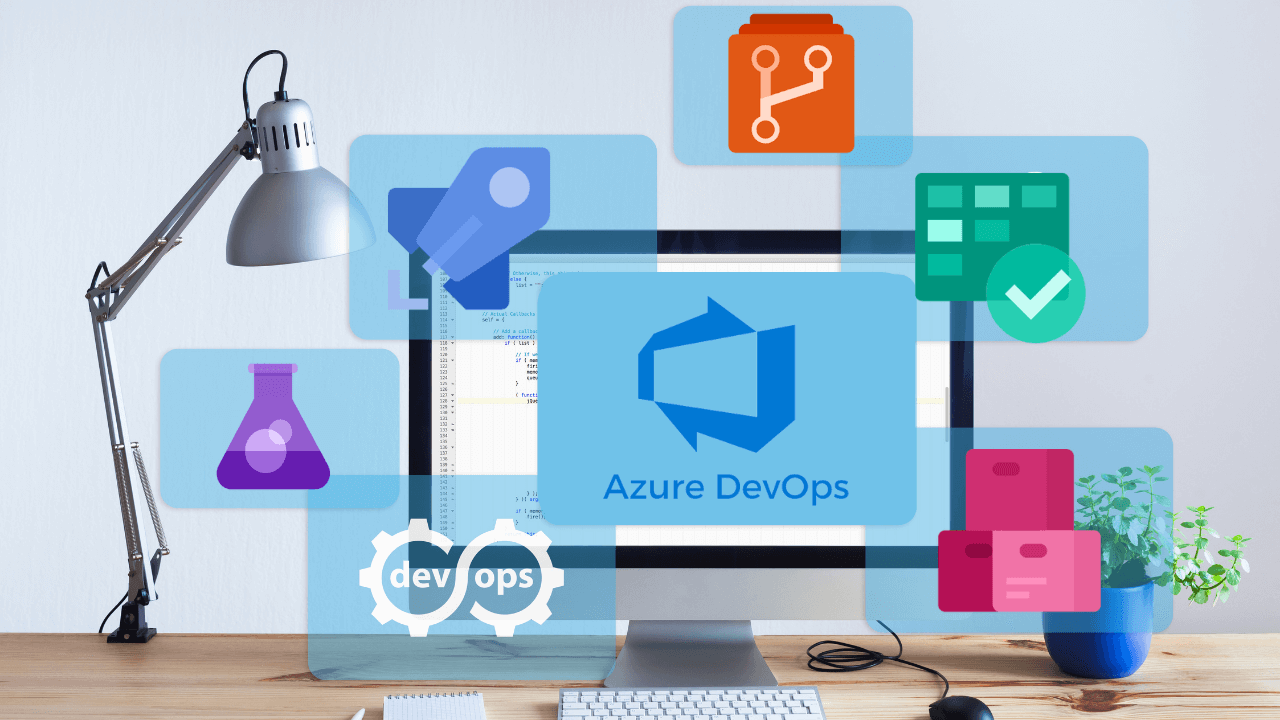As we already discussed in previous posts, “DevOps” has become a concept used more a more often in the market as time passes. We should remember that DevOps refers to a methodology, an enterprise culture that is already furthering the growth of many companies.
DevOps’ objective is the promotion of teamwork culture, based on collaboration and communication between the individuals from the different areas involved in software development systems.
Don’t forget that to ensure your DevOps team’s success, you should make sure that the integration between the developers’ area and the operators’ area is perfect, transparent and seamless.
“DevOps’ objective is the promotion of teamwork culture, based on collaboration and communication between the individuals from the different areas involved in software development systems.”
After this brief introduction, it’s time to get down to business and discover the main differences between DevOps engineers and system administrators.
-DevOps: Monolithic Architecture vs Microservices-
DevOps vs System Administrators
System administrators are all about the configuration, functioning, and maintenance of informatics systems and servers.
As opposed to DevOps, system administrators never participate in the software development process, which makes the difference between them and the developers quite evident.
While DevOps engineers play a more involved role, much more centered on the product’s life cycle, system administrators only intervene in its design stage.
“Devops engineers have a more holistic view of the technical environment in which they work when compared to system administrators.”
As you can see, both roles have different objectives and natures; although at the same time they share many tasks, they also hold some differences between them. As a summary, we can state that:
- Tasks carried out by DevOps are closely related to the synergy generation between the different sections of the company. On the other hand, system administrators deal with the configuration and maintenance of computer systems within the company.
- DevOps possess responsibilities and total knowledge of the product or software they develop. System administrators only intervene during a small portion of the process, as opposed to DevOps.
- DevOps engineers, thanks to their knowledge, experience, and background, can play the role of managers, but managers themselves would not be capable of performing DevOps’ tasks.
A DevOps member skills
Any DevOps engineer has to make use of their skills during the whole life cycle of the software or product development process. Furthermore, it is of the utmost importance that the engineer fully grasps or, at least, has some familiarity with could computing and with the new automatized tools.
Additionally, and to ensure that the company will make the most out of having a DevOps team, it is advisable for engineers to possess the following skills: Continued integration, configuration management, scripting, monitoring…
A simple way to improve the efficiency and make less difficult the tasks of a DevOps member is to be able to count on the right tool. If your DevOps team is still looking for the most suitable tool, the one that best adapts to the company and the department’s needs, this post about DevOps tools will prove useful.
If you want to know more about the great benefits that DevOps can offer to your team, feel free to contact our experts, they’ll be glad to give you some advice!








